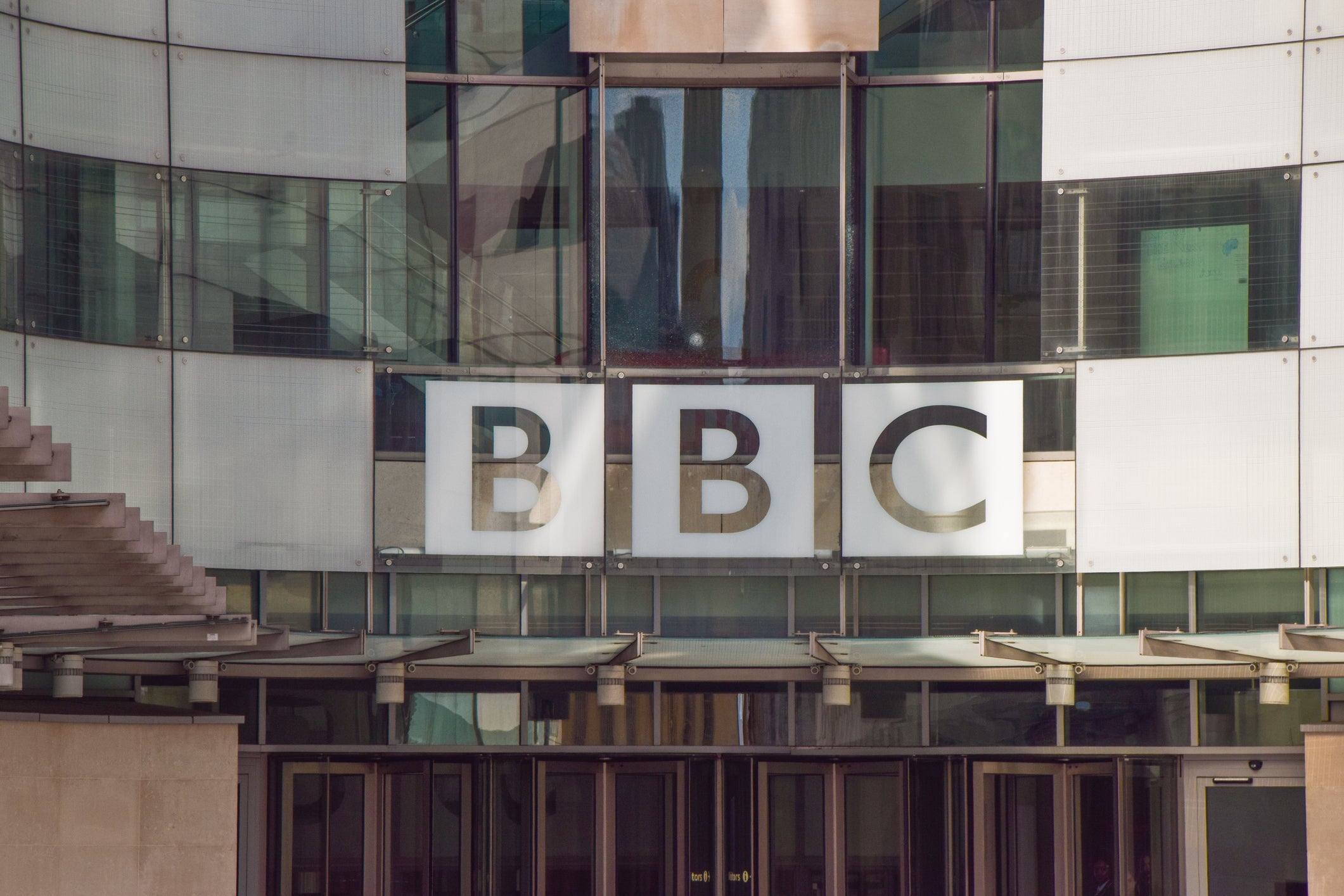BBC investigating journalist who tweeted ‘Hitler was right’
Public broadcaster taking social media posts from 2014 ‘very seriously’

Your support helps us to tell the story
From reproductive rights to climate change to Big Tech, The Independent is on the ground when the story is developing. Whether it's investigating the financials of Elon Musk's pro-Trump PAC or producing our latest documentary, 'The A Word', which shines a light on the American women fighting for reproductive rights, we know how important it is to parse out the facts from the messaging.
At such a critical moment in US history, we need reporters on the ground. Your donation allows us to keep sending journalists to speak to both sides of the story.
The Independent is trusted by Americans across the entire political spectrum. And unlike many other quality news outlets, we choose not to lock Americans out of our reporting and analysis with paywalls. We believe quality journalism should be available to everyone, paid for by those who can afford it.
Your support makes all the difference.The BBC has launched an investigation into the social media activity of one of its journalists, who was found to have compared Israel to Nazi Germany.
The public broadcaster said it was looking into tweets posted by Palestinian affairs specialist Tala Halawa before she began working for the corporation.
One of Ms Halawa’s tweets from 2014, unearthed by the Honest Reporting media monitoring group, said “Israel is more Nazi than Hitler” – before adding: “Hitler was right.”
The Honest Reporting group highlighted a series of tweets from the journalist during the 2014 Gaza conflict, including posts which stated: “Zionists can’t get enough of our blood” and “stupid Zionists”.
Ms Halawa also responded to an Israel-based Twitter user, who had disputed Palestinian casualty figures, by saying: “ur media is produced by ur zionist government in order 2 produce ignorant people.”
The journalist is now working as a Palestinian affairs specialist for BBC Monitoring – part of the BBC’s World Service output – and has been covering the recent conflict in Gaza.
A BBC spokesperson said: “These tweets predate the individual’s employment with the BBC, but we are nevertheless taking this very seriously and are investigating.”
It follows the recent sacking of a reporter by the Associated Press for violating the company’s social media policy over Palestine-related tweets.
Emily Wilder, 22, claimed her termination was part of a broader pattern of censorship against pro-Palestine reporters.
“I am one victim to the asymmetrical enforcement of rules around objectivity and social media that has censored so many journalists – particularly Palestinian journalists and other journalists of colour – before me,” she said.
Meanwhile, the BBC continues to come under pressure over Lord Dyson’s report into the Martin Bashir scandal, which lambasted the BBC for its “woefully ineffective” investigation into the 1995 interview.
Culture secretary Oliver Dowden has accused the BBC of adopting a “we know best” attitude in the saga surrounding its Panorama interview with Princess Diana.
Mr Dowden said on Monday that the affair had exposed “failures that strike at the heart of our national broadcaster’s values” and that “cultural change” was needed in the organisation.
Writing in The Times, he said far-reaching change was needed to ensure the corporation was in tune with “all parts of the nation it serves” – but also said ministers would not push for “knee-jerk reforms”.
Join our commenting forum
Join thought-provoking conversations, follow other Independent readers and see their replies
Comments